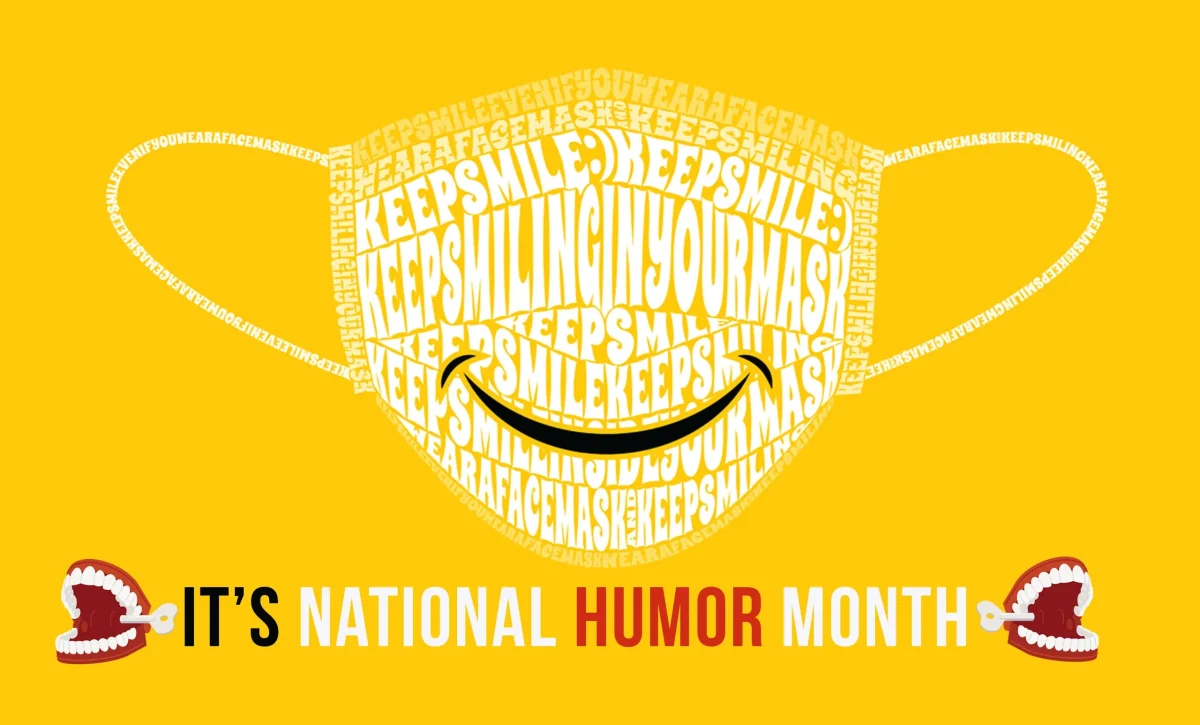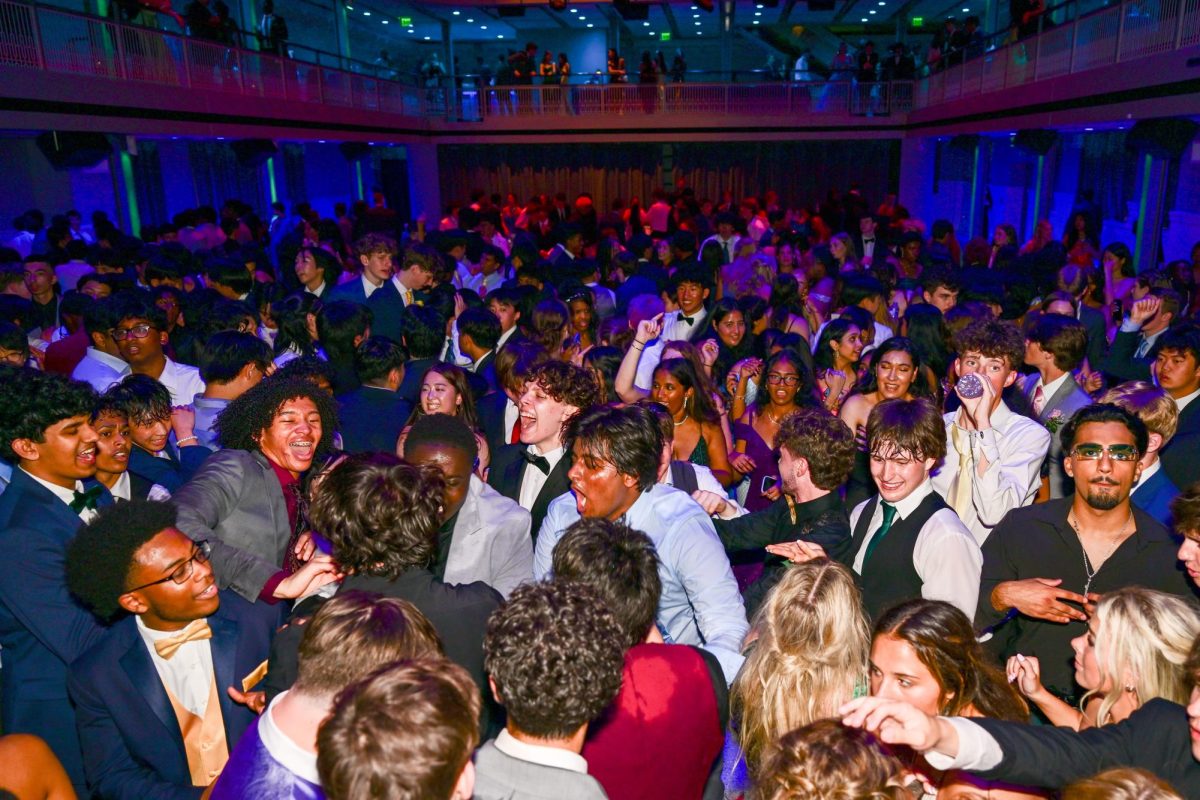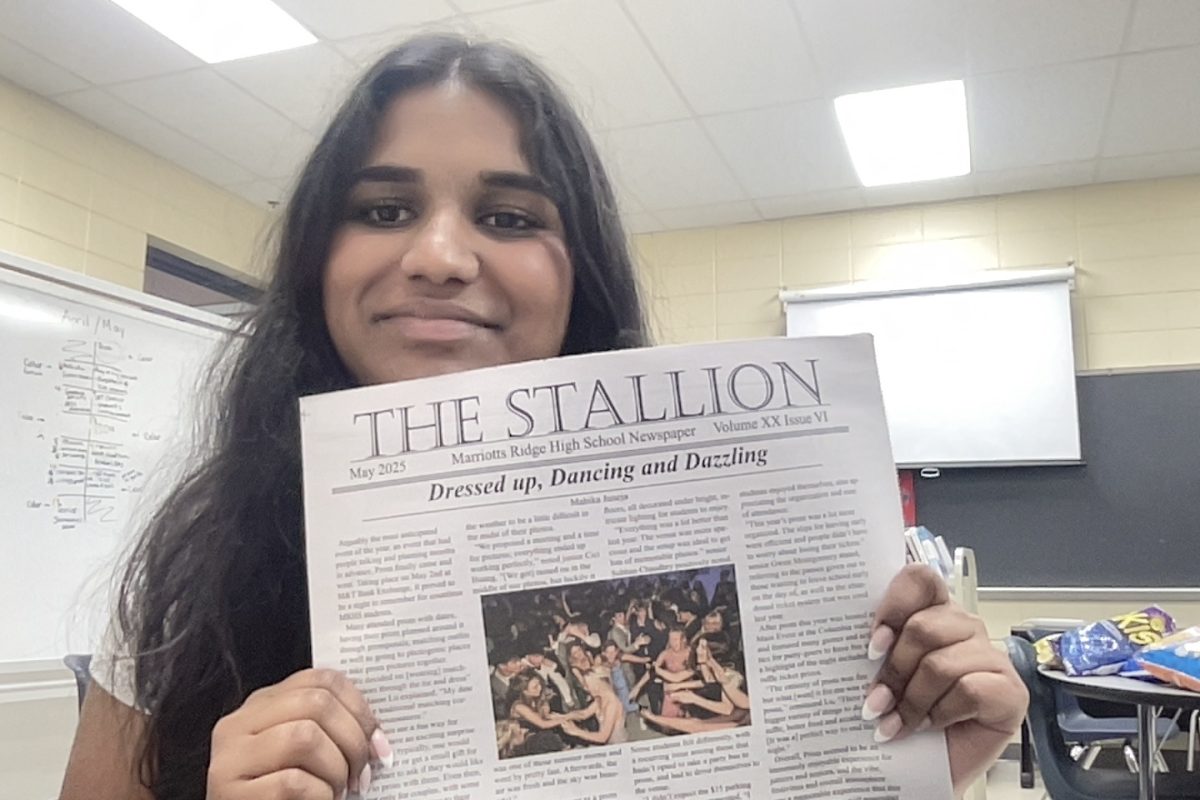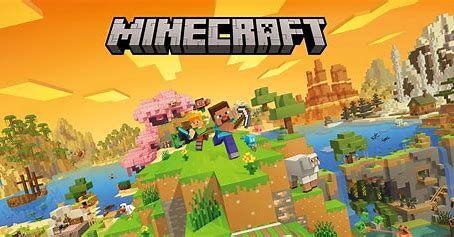Comedy, a timeless staple of human culture, has traversed the records of history, morphing and adapting to the changing tides of society and technology. From the jesters of ancient civilizations to the memes of the digital age, the evolution of humor offers a fascinating glimpse into the psyche of humanity.
In ancient times, humor found its voice through oral tradition. Comedians and jesters entertained audiences with clever wordplay, witty anecdotes and physical antics. Take, for instance, an ancient Egyptian joke attributed to an attendant of Pharaoh King Snofru: “How do you entertain a bored pharaoh? You sail a boatload of young women dressed only in fishing nets down the Nile and urge the pharaoh to go catch a fish.” Though dated and strange by modern standards, this joke emphasizes the enduring persistence of humor across eras and can serve as a connection to a long gone people that may seem unreliable and alien in modern times.
As civilizations matured, jokes and jests persisted as a form of entertainment. This is seen in Medieval court, where jesters played practical jokes and entertained rulers with moments of brevity amidst a brutal and dark period of time. Time progressed, and comedy crystallized into distinct genres like satire and slapstick, with more sophisticated humor manifesting in the form of political cartoons and drawings published in early newspapers. Famous political cartoonists James Gillray and Thomas Rawlandson served as both entertainment and a platform for social and political commentary on current events surrounding the American revolution and greater Enlightenment period. This tradition of commentary was carried forth through to the early 20th century where comedians such as Charlie Chaplin gained notoriety for trademark slapstick comedy, but weren’t afraid to offer bodacious mockery of global issues surrounding WWII.
The 20th century marked a dramatic change in how comedy was consumed by individuals, driven by the rise of mass media. Radio, television and film catapulted comedians into the living rooms of millions, amplifying their influence and reach. Stand-up comedy surged in popularity, with luminaries like the Marx brothers inventive attacks on rigid societal expectations of seriousness through plays and televised routines. Richard Pryor famously pushed boundaries by achieving worldwide success and forever altering the ways we deal with race and class in his standup comedy shows, giving unique perspective as a black man during a tumultuous time for civil rights in America.
Now, as society enters the digital age, a brave new world of comedic expression has come to fruition. The internet and social media democratized humor, ushering in an era of unparalleled accessibility and user-generated content. Memes emerged as a dominant comedic currency, blending images, text and cultural references into bite-sized humor capsules. Highly shareable and community-driven, memes transcend borders, enabling global participation in humor creation and dissemination.
While traditional joke-telling persists, the comedic landscape has irreversibly tilted toward digital mediums and meme culture. Today, humor is as much about engagement and inclusivity as it is about laughter. Online communities propel comedic trends, shaping how jokes are experienced and shared in our interconnected world. Platforms like Tiktok and Instagram reels promote short form, easily digestible content, yet with this fast churn time for humor and trends many can begin to feel left behind. This, combined with the increasingly strange and esoteric nature of memes have created a comedy culture that is vastly different than anything that came before. Now, it is far easier to make others laugh through a shared sense of being “in on the joke,” and as technology advances and societal norms evolve, comedy continues to become increasingly integrated with social interaction.
Categories:
From Ancient Jokes to Modern Memes
More to Discover
About the Contributors
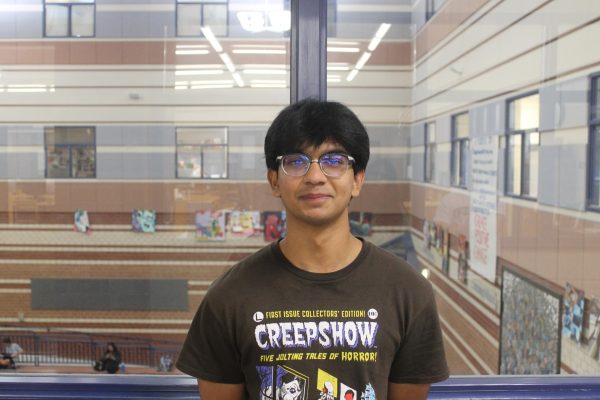
Ragib Ahanaf, Editor and Social Media Manager
My name is Ragib Ahanaf, this is my second year of journalism. I am excited to learn more about how to write better articles. I love soccer and music. I hope to find many interesting topics to write about.

Noah Journo, Staff Writer
My name is Noah Journo, and I’m a senior in my second year of journalism. I participate in track and field as a runner and a thrower, play cello in the orchestra, and participate in Tri M and Key Club. When I’m not at school, I love playing guitar or listening to music. I can’t wait to return to writing this year.


